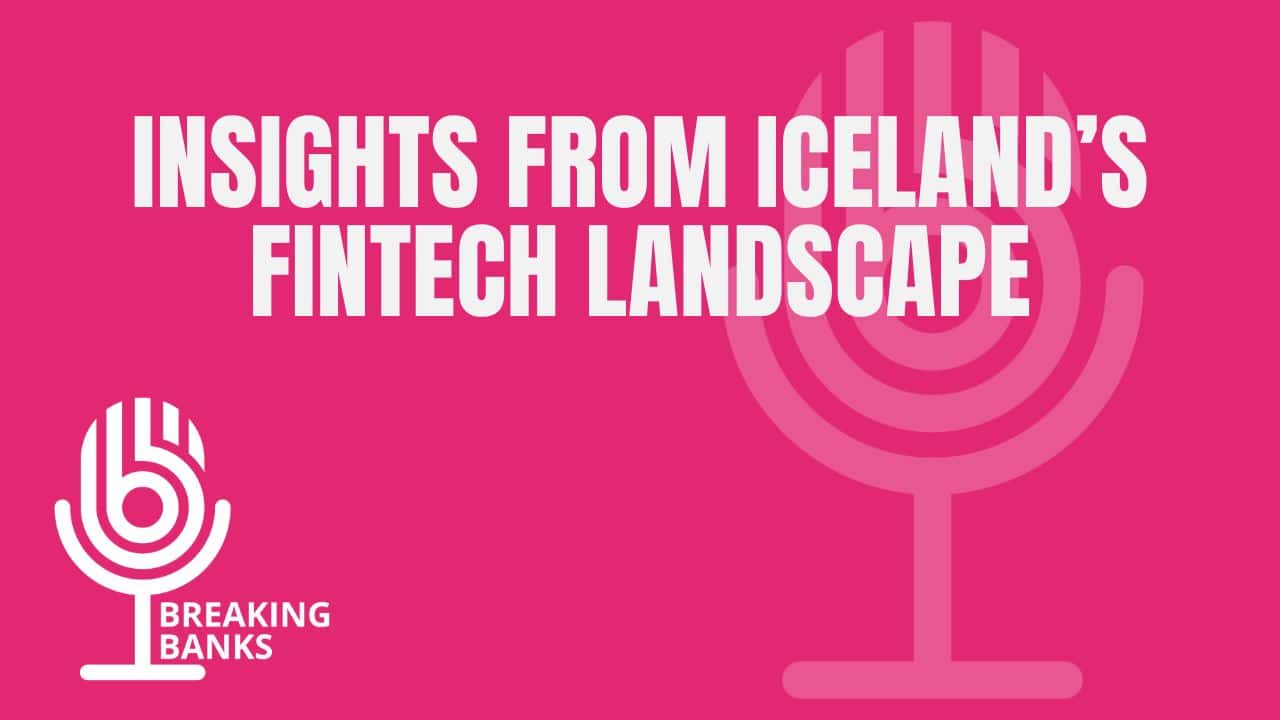
Exploring Iceland’s Role in Fintech and More
Iceland, often referred to as the “land of fire and ice,” is a country where stark contrasts meet to create fertile grounds for innovation. From its glaciers and active volcanoes to its high-tech clusters and Iceland fintech innovation, this nation demonstrates how geographic and cultural uniqueness can drive a forward-thinking economy. Learn about the sustainable and collaborative innovations that are defining Iceland’s position in the global fintech landscape and beyond.
A Resilient Economy Built on Adaptation
Iceland’s journey to becoming a hub of innovation began with challenges. The global economic collapse of 2008 left the country’s financial system in shambles, leading to unprecedented reforms. Banking leaders were prosecuted for fraud, a new era of accountability was established, and the economy gradually rebounded. Today, Iceland boasts a thriving fintech ecosystem with a high standard of living and equitable economic opportunities.
These transformative years laid the foundation for a culture of resilience, which continues to fuel innovation in sectors like renewable energy, biotechnology, and fintech. By turning crises into opportunities, Icelanders exemplify the phrase þettarðast—”it’ll work out okay.” This mindset fosters collaboration among entrepreneurs, corporations, universities, and governments.
A Unique Perspective on Iceland Fintech Innovation
With a population of just 370,000, Iceland’s size belies its significant impact on fintech innovation. The Iceland Fintech Cluster, headquartered in the modern Gróska Innovation Hub, unites startups, established banks, and international alliances. Gunnlaugur Jónsson, CEO of the cluster, highlights Iceland’s unique challenges. Having its own currency, language, and legal system necessitated building comprehensive financial infrastructure similar to much larger economies.
This environment has nurtured groundbreaking companies like Monerium, which was the first to issue fiat currency on blockchain under European regulations. The seamless integration of blockchain technology with traditional banking systems illustrates how Iceland blends cutting-edge innovation with regulatory foresight.
Pioneering Sustainability in the Blue Economy
One of Iceland’s most innovative contributions is in the blue economy—leveraging marine resources for sustainable growth. The Ocean Cluster in Reykjavik is home to over 70 companies that transform nearly 90% of every fish caught into high-value products. From supplements to cutting-edge biotechnology, these innovations significantly reduce waste and maximize value.
A standout example is the medical wound care company Kerasys, which creates products from fish skin to aid tissue regeneration. By merging health tech with marine resources, Iceland demonstrates how sustainability and technological progress go hand in hand.
Driving Diversity, Equity, and Inclusion
Iceland has long been a global leader in gender equality and inclusivity. It even ranked first in the World Economic Forum’s Global Gender Gap Report for 14 consecutive years. This cultural ethos extends to its tech and fintech sectors, where initiatives like Alda and PayAnalytics use data-driven tools to close demographic pay gaps and foster workplace inclusion.
Alda, for instance, provides a platform for measuring diversity, equity, and inclusion (DEI) metrics in real-time, helping companies set actionable goals. Similarly, the Nordic Women in Tech Awards celebrate female innovators and leaders, reinforcing Iceland’s commitment to creating diverse and inclusive environments.
Collaborative Innovations in Financial Crime Prevention
Iceland’s influence extends into financial crime prevention through companies like Lucinity, which employs artificial intelligence to simplify and accelerate investigations. Lucinity’s tools consolidate data from legacy systems and streamline case reviews, saving analysts significant time. By leveraging generative AI, their solutions ensure transparency and adaptability to regulatory demands, proving Iceland’s readiness to tackle global challenges.
Bridging Gaps with Blockchain and Web3
One of Iceland’s key fintech developments is bridging traditional banking with blockchain-based Web3 systems. Monerium’s fiat-backed stablecoins eliminate volatility while enabling faster, cheaper, and more flexible transactions. These advancements are paving the way for tokenization. It involves digitizing real-world assets like equity and commodities to make them tradable on blockchain networks.
Sven Valfoss, CEO of Monerium, underscores the importance of regulatory frameworks like Europe’s MICA regulation, which provides certainty for Web3 adoption. Iceland’s leadership in this space is setting the stage for mainstream blockchain applications.
The Future of Iceland Fintech Innovation
Iceland’s commitment to promoting sustainable, inclusive, and innovative ecosystems is a model for other nations. By blending traditional strengths with modern technologies, Iceland is shaping the future of fintech, DEI, and global collaboration.
Industries worldwide navigate the complexities of digital transformation. Likewise, Iceland proves that even the smallest countries can make a significant impact through resilience, adaptability, and a willingness to build bridges. To learn more, listen & subscribe to the Breaking Banks podcast wherever you get your podcasts!